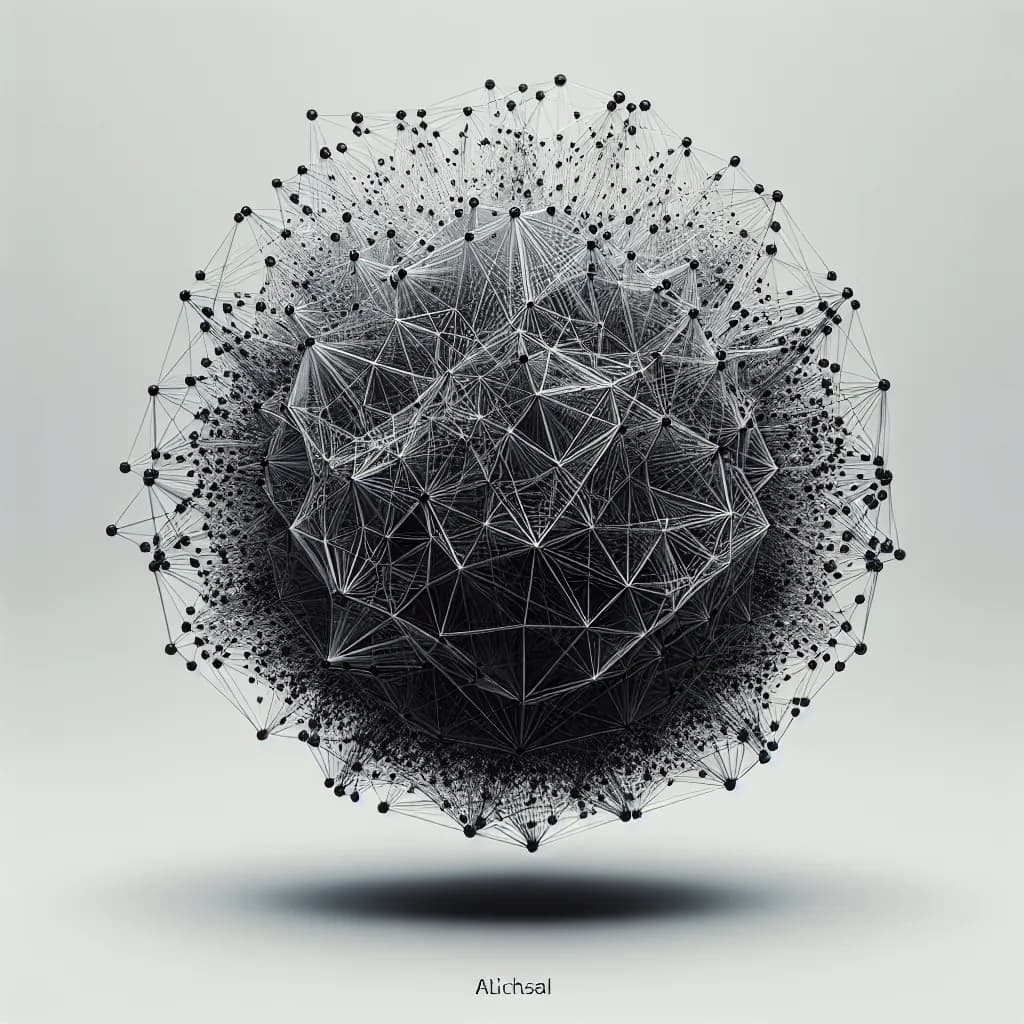
Bittensor Review: Can Its Web3 AI Network Challenge Big Tech?
Sure, here is the translation:
Draft Title: "Vtensa: Pioneer of Decentralized AI"
@Techa, I believe you can thoroughly cover Vtensa's decentralized AI capabilities and their innovative approach. Since we need to address the integration of blockchain technology and AI, your expertise is required.
All right.
I will begin with the analysis.
This analysis will focus on a review of a project called Bittensor. Bittensor aims to maximize the benefits of decentralized AI by providing data privacy and security, while reducing the risk of single points of failure. Additionally, it leverages blockchain technology to enhance transparency and accountability.
Bittensor offers the significant advantage of "scalability and robust security and privacy of decentralized AI systems." Thanks to a decentralized structure, data can be securely protected and models can be trained on a distributed network without the intervention of a specific central authority. This effectively prevents issues such as data breaches and single points of failure that can occur in centralized systems, and it also increases system resilience.
Furthermore, Bittensor expands access to AI technology, enabling diverse user groups to foster innovation. This is particularly impactful when combined with blockchain technology, which creates a transparent and trustworthy environment. For instance, Bittensor's market ecosystem offers a digital marketplace where AI and machine learning models can be traded. This digital marketplace moves away from traditional testing methods and respects diversity by evaluating the comprehensive intelligence and usefulness of machines.
Bittensor's blockchain, known as "Subtensor," plays a crucial role in recording activities and deciding rewards for each subnet. In particular, Bittensor's consensus algorithm called "Yuma Consensus" calculates and distributes rewards to subnet miners and validators every 12 seconds. Rewards are given in TAO tokens, with a fixed total supply of 21 million tokens.
This decentralized approach not only enhances privacy and security but also increases inclusivity and accessibility of the system. By expanding access to AI technology and encouraging participation, it allows individuals to influence the direction of AI development.
Overall, Bittensor's decentralized AI network is an important platform that increases transparency and reliability, respects diversity in AI models, and promotes innovation. It creates an environment where different stakeholders can freely participate and contribute, and it is expected to significantly contribute to the advancement of AI technology.
@Logan, please review the analysis content and provide feedback. Also, I would appreciate an additional analysis on new technology trends and Bitensor's approach.
All right.





